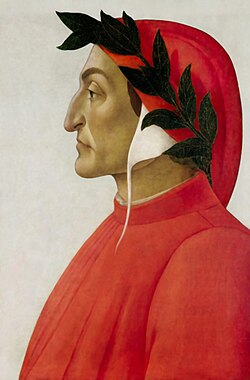| Medieval and Renaissance literature |
|---|
| Early medieval |
| Medieval |
By century |
| European Renaissance |
| History of literature by era |
|---|
| Ancient (corpora) |
| Early medieval |
| Medieval by century |
| Early modern by century |
| Modern by century |
| Contemporary by century |
This article is a list of literary events and publications in the 13th century.
